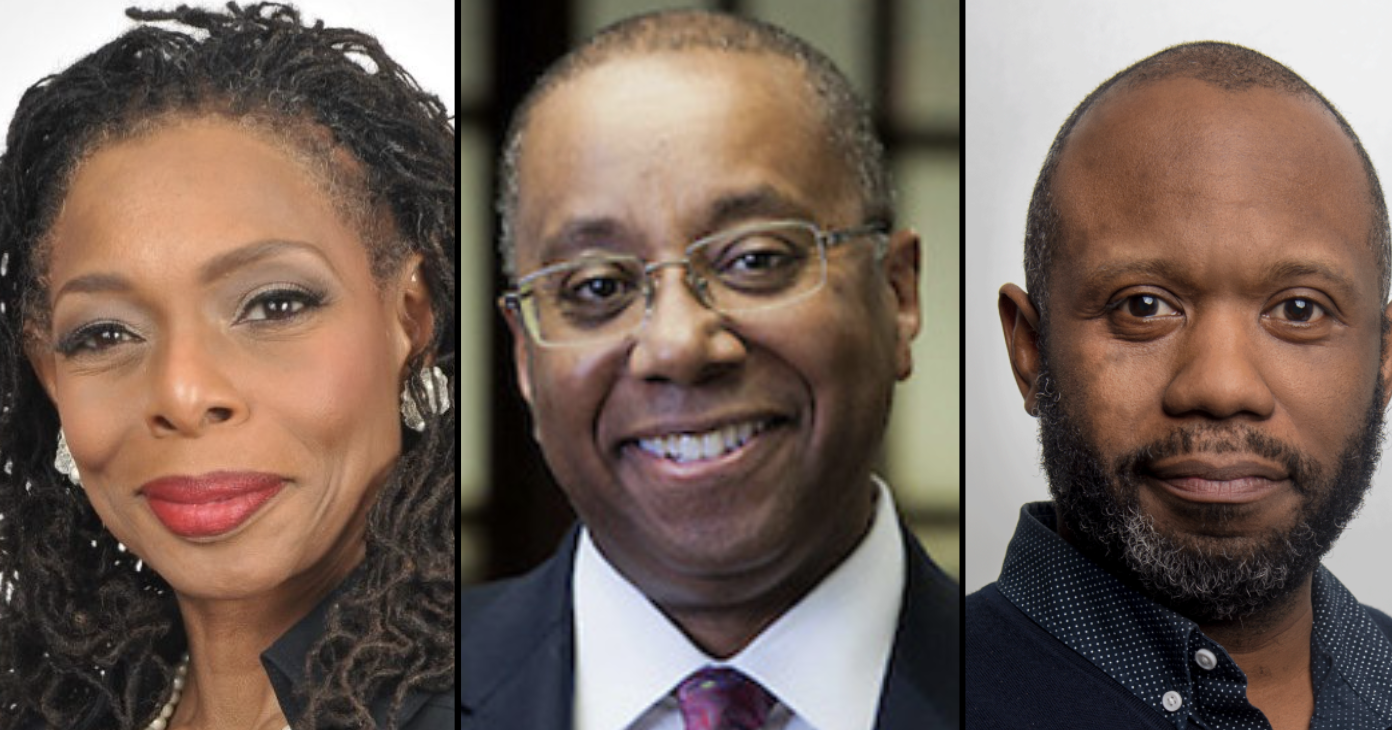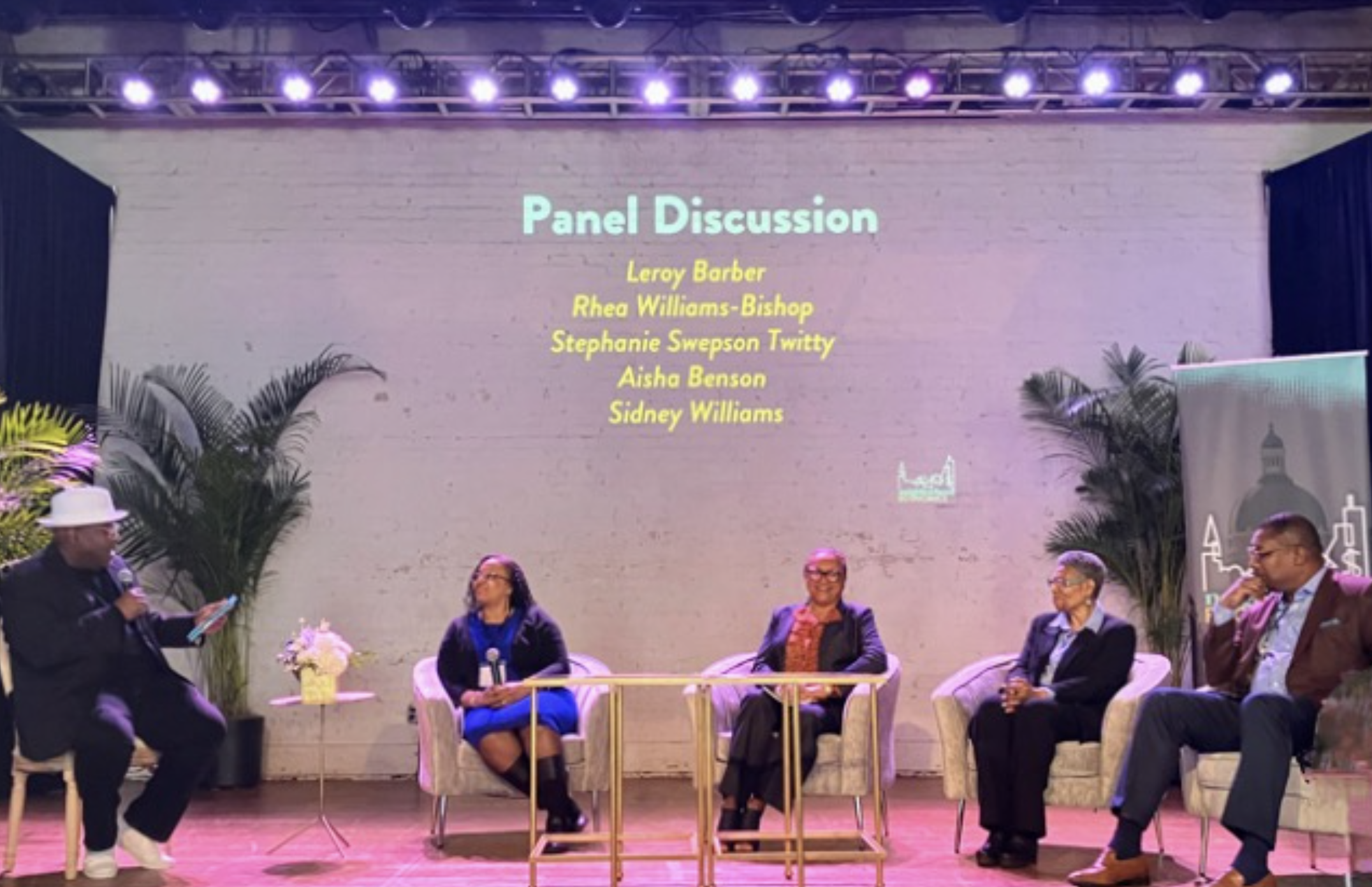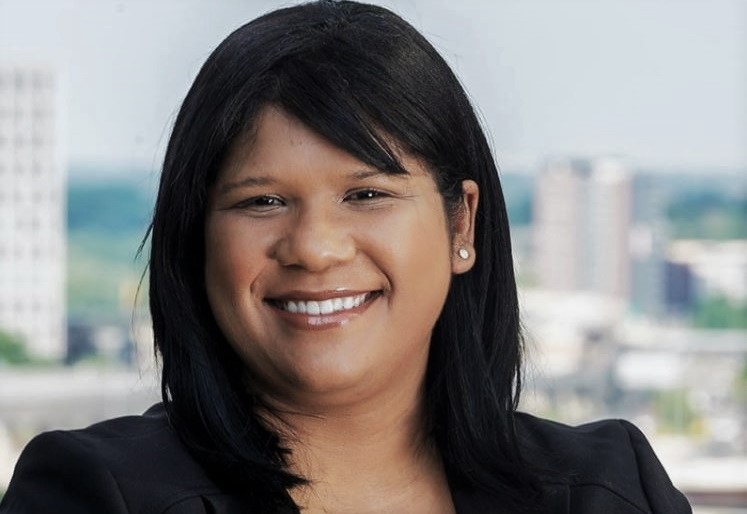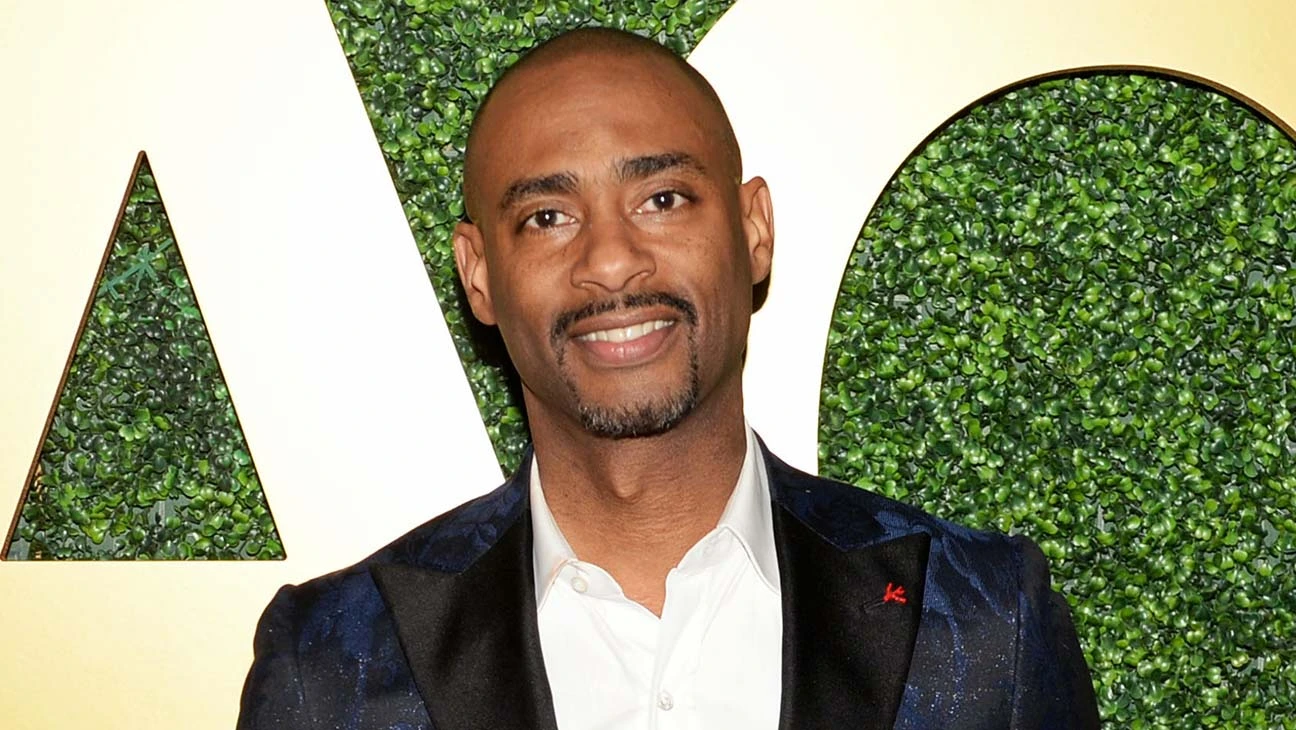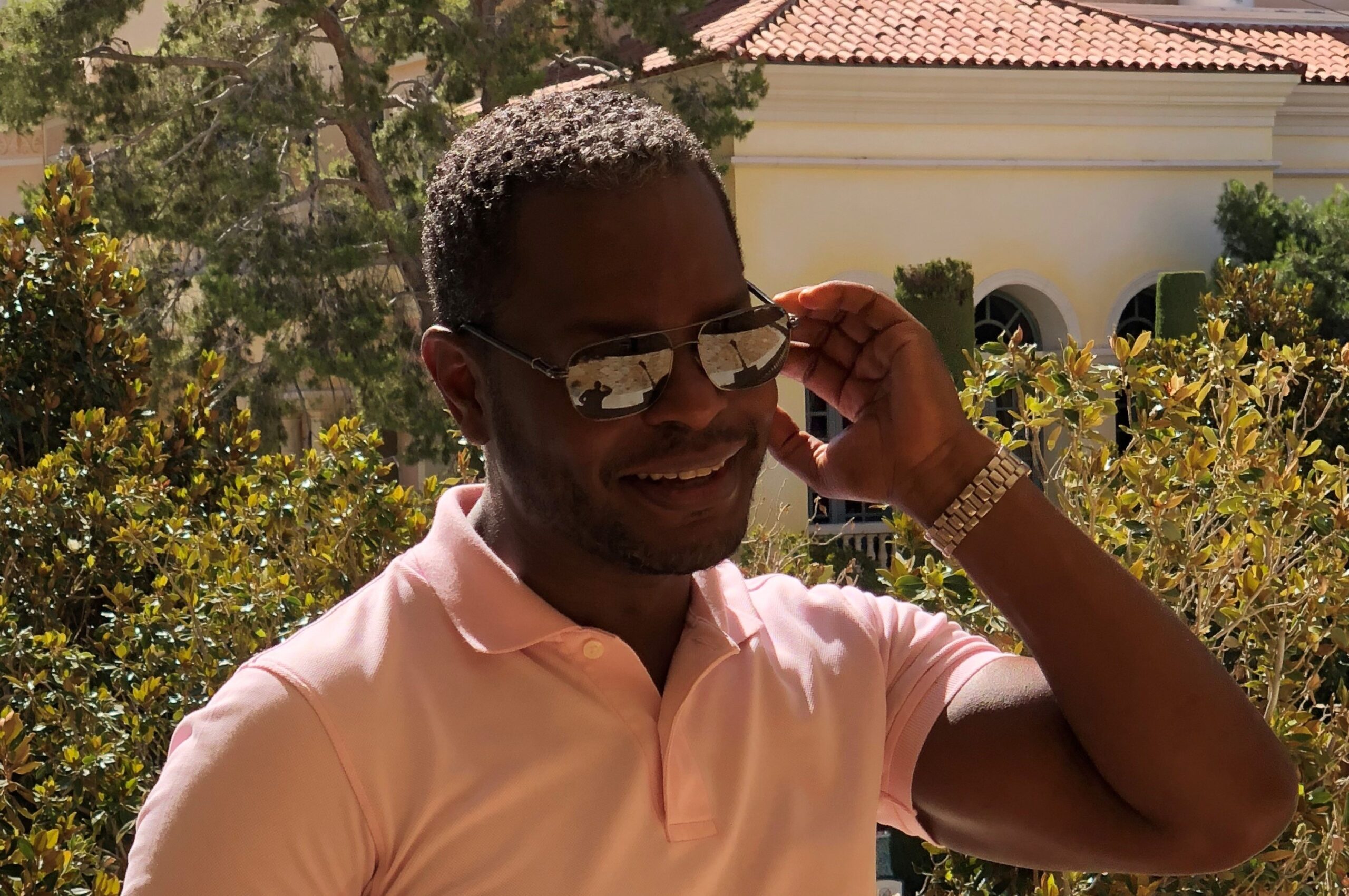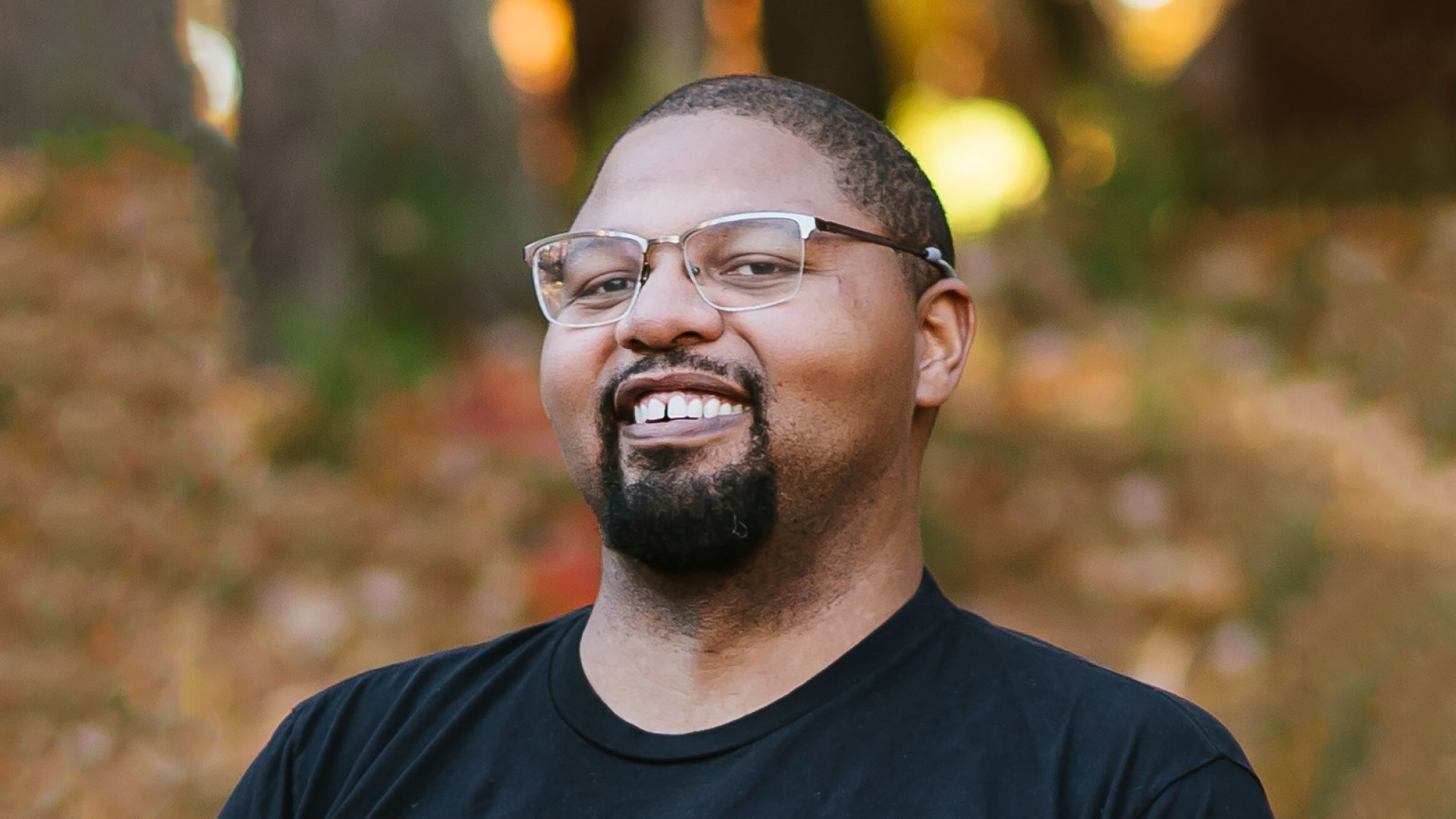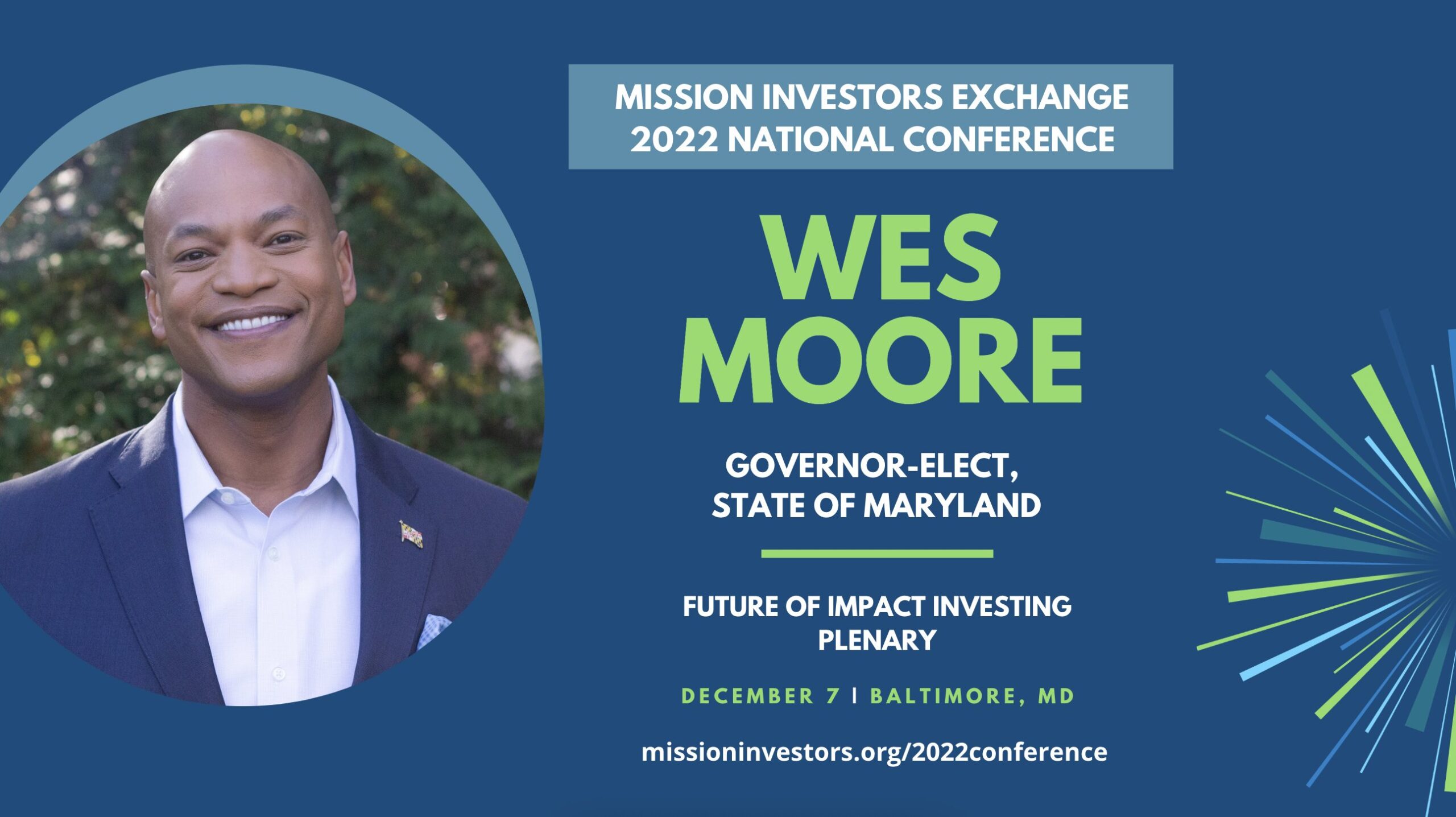ImpactAlpha, Apr. 27 – Decades of failed policies and extractive investments have left Black neighborhoods in Philadelphia with undervalued housing, underfunded services and a lack of access to financing.
A group of seasoned Black developers, along with investment professionals and public policy experts, have teamed up around a more inclusive vision and a new investment vehicle to fund its execution.
The thesis of The Collective: investment strategies that deliver real community benefit will also outperform financially.
To demonstrate the proposition, the Collective has teamed with 17 Asset Management to raise the Philadelphia Real Estate Impact and Equity Fund. The fund’s $100 million target size is meant to be big enough to attract institutional capital that has too often overlooked Black developers individually. The group expects to reach a $25 million first close by July.
The Collective is putting capital “in the hands of the people who know those neighborhoods and have a vested interest in recreating them and rebuilding them for the residents who are there,” said policy expert Sandra Dungee Glenn, a founder of The Collective.
Philadelphia is thriving, she said, but that prosperity hasn’t benefited Black businesses, neighborhoods or residents. “The Collective is disrupting this tale of two Philadelphias.”
The two-part strategy, presented at the full-day Philly Forward event last week, includes The Collective Network, a research-focused Benefit Corporation, and The Collective Investment Group, a registered investment manager that is raising the capital and diligencing projects. Glenn’s partners include Steven Sanders, chairman of the $2 billion Beltraith Capital, and Little Giant Creative’s Tayyib Smith, an entrepreneur and partner at real estate developer S&R Holdings.
The real estate fund will provide much-needed equity capital to Philadelphia developers. The seven developers have identified a pipeline of over $300 million in projects, covering 4.1 million square feet in 10 Philadelphia neighborhoods. They say progress on the projects has been stalled by a shortage of equity capital that allows developers to acquire properties and access construction financing.
Along with Smith, the other developers in The Collective are Leslie Smallwood Lewis of Mosaic Development Partners, Anthony Miles of TPP Capital, Lorraine Drake of Wilson-Drake Development, Anthony Fullard of West Powelton Development Incorporated, Leon Caldwell of Ujima Developers, and Kyle Easley and Bryheim Murray of BKP Development Group.
“There is a great need to develop the new starting rotation for impact-oriented developers,” said Paul Rabinovitch of New Island Capital. The $100 million target allows large family offices with minimum investment sizes to deploy capital and set developers up for direct investment. “This is a great conduit to do so.”
Collective impact
The proposition is powerful. A low interest rate environment has investors chasing yield in non-traditional fixed income asset classes like real estate. The social movements last summer have pushed more investors to ask about the broader impact of their investments.
“What the Collective has done is come up with a product, process and a solution… and an answer to that question,” says Sanders, one of Philadelphia’s most prominent investors. Sanders told the group of developers that the marketplace would be interested in them coming together and raising a fund tied to measurable impact.
“I underestimated how interested the marketplace really would be,” Sanders told ImpactAlpha.
Where outside developers see poverty and blight, developers like Anthony Miles see untapped value. Miles is developing the Healthy Town Tioga Project in the Nicetown–Tiogan neighborhood in North Philadelphia. Miles has worked with community organizations to develop the multi-block model, which includes senior housing, streetscape development, vertical agriculture, an incubator space for entrepreneurship and a revamped commercial corridor that attracts Black-owned businesses.
The Collective has provided a vehicle for developers who have known each for years “to come together as a collective, to share experience, work together and even partner together,” says Miles. “It’s a solid vehicle for the scale of not only us, but the future of Black developers.”
Smith’s S&R Holdings is working with neighborhood organizations to develop another historic commercial corridor along 52nd Street in West Philadelphia, on the edges of University City, near where he grew up. Mosaic Development Partners, another Collective member, was selected as the co-developer of the Philadelphia Navy Yard, a 109-acre parcel on the Delaware waterfront. The vision for the five million square foot development includes housing, biosciences, office, retail and hospitality.
“Real estate can be extractive, or it can be inclusive,” said Rey Ramsey of Lafayette Square (and interim CEO of the Nathan Cummings Foundation) at the Philly Forward event. Ramsey says the Collective gives Black developers a seat at the table.
Beyond Opportunity Zones
Glenn, Sanders and Smith teamed up in 2019 to explore the city’s plans to leverage Opportunity Zones to drive capital to Philadelphia’s neighborhoods before they grew “frustrated because there weren’t any,” says Glenn. They turned to the city’s Black developers for a vision to invest in the city’s Black neighborhoods. In a November 2019 meeting, they learned about the projects the developers had on the ground.
“As an organizer, I was like, wow, this is it,” says Glenn. The developers were leveraging real estate for a multiplier effect around health care, workforce development and wealth creation. “If you guys could do more, those are the anchors that come back into neighborhoods.” The problem: with or without Opportunity Zones, the developers still couldn’t access equity capital.
The Collective linked up with 17 Asset Management, led by John Morris, which is developing investment vehicles to connect private capital to solutions to the 17 United Nation Sustainable Development Goals. The two groups organized virtual convenings throughout the pandemic to gather input from local stakeholders and global investors. This week, 17AM released, The Case for Intentional Investment in Philadelphia: Real Estate Series.
Karine Blanc, formerly with The Blau & Berg Company, and Stuart Hean, previously with Shift Capital, are joining The Collective as co-directors of investment.
“There has been a call for action on society for change,” says Morris. “Capital markets must reflect that.”

